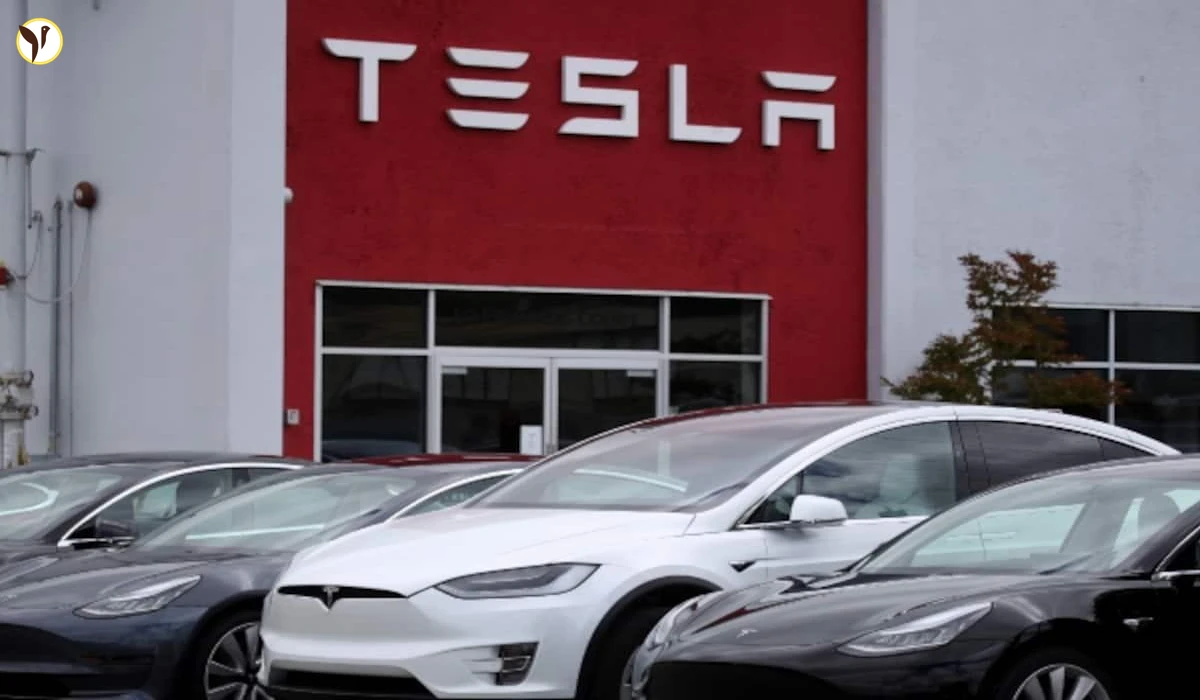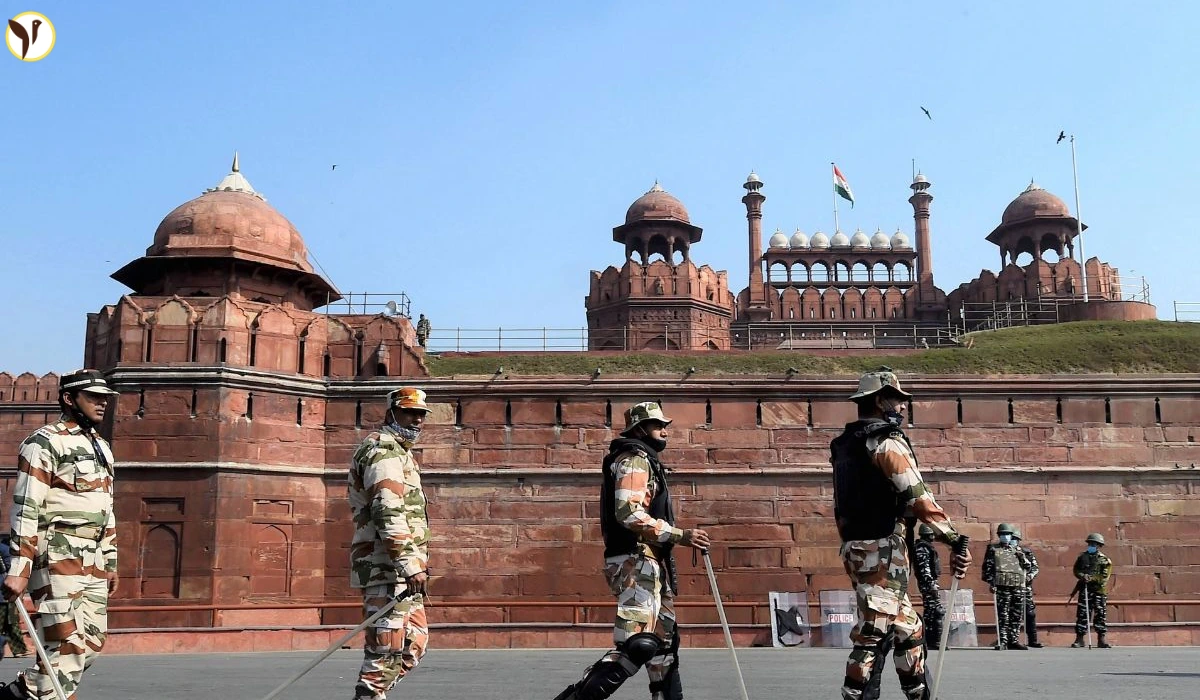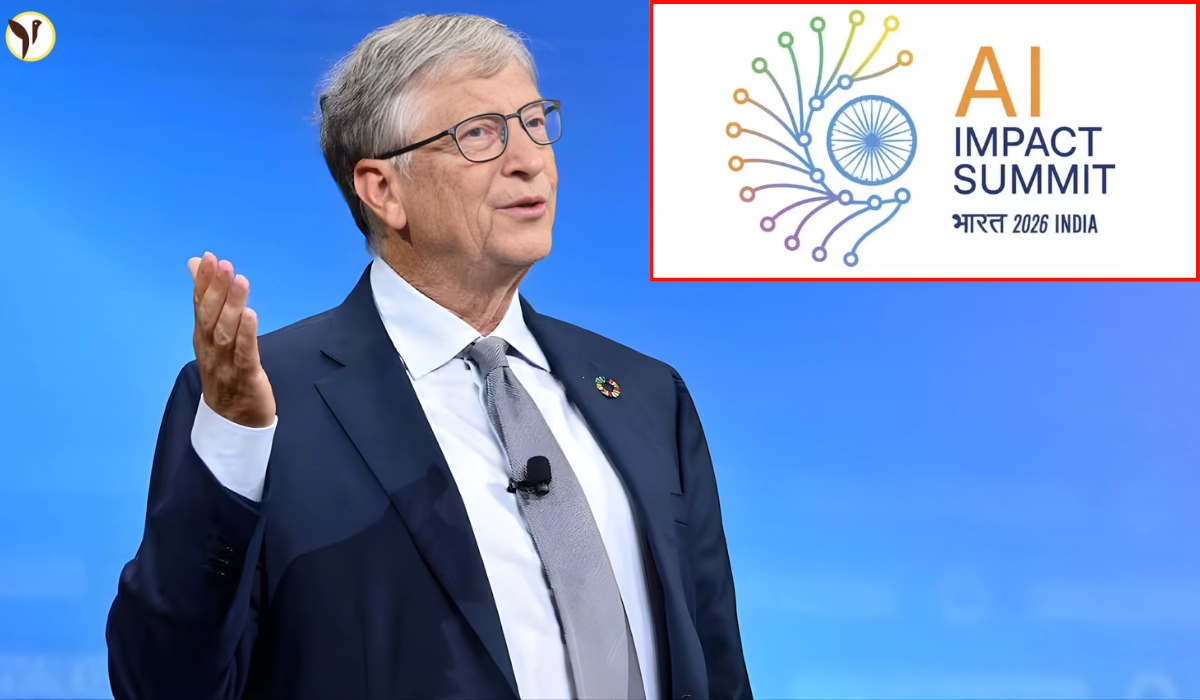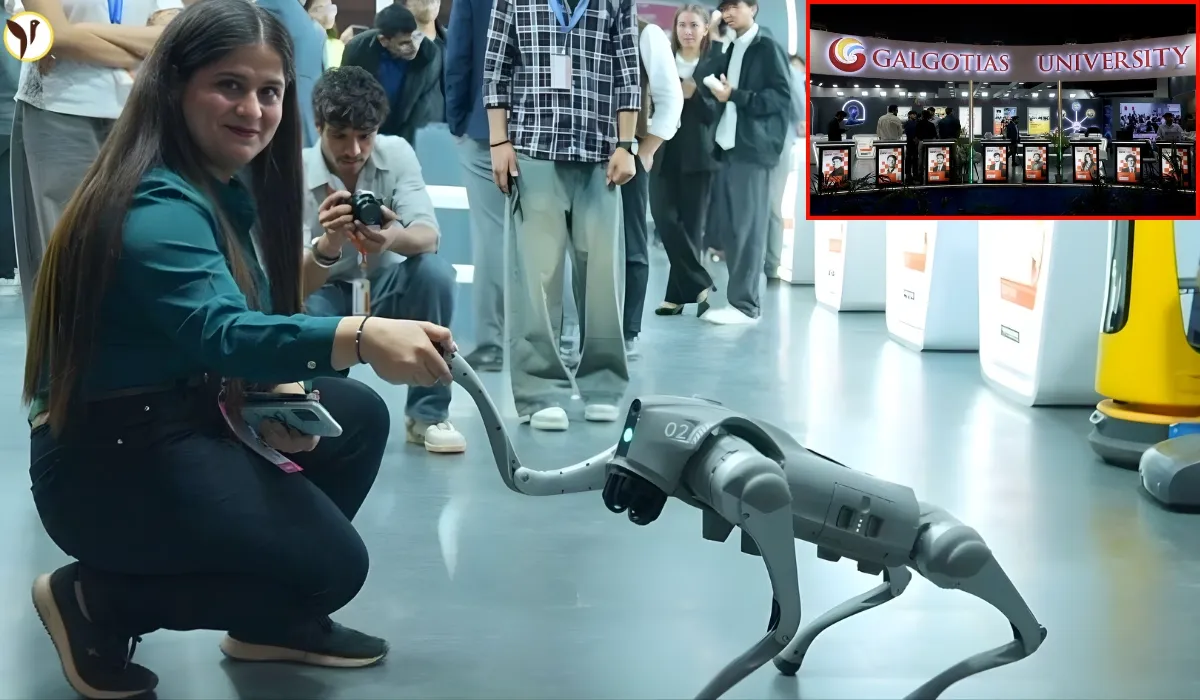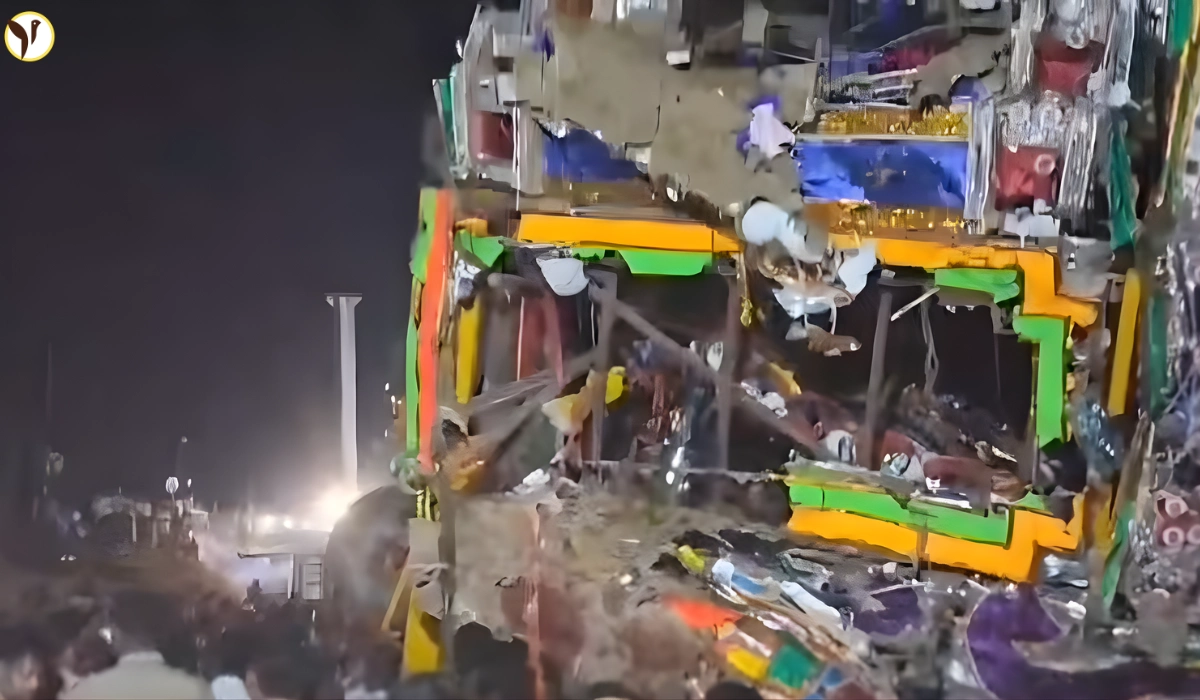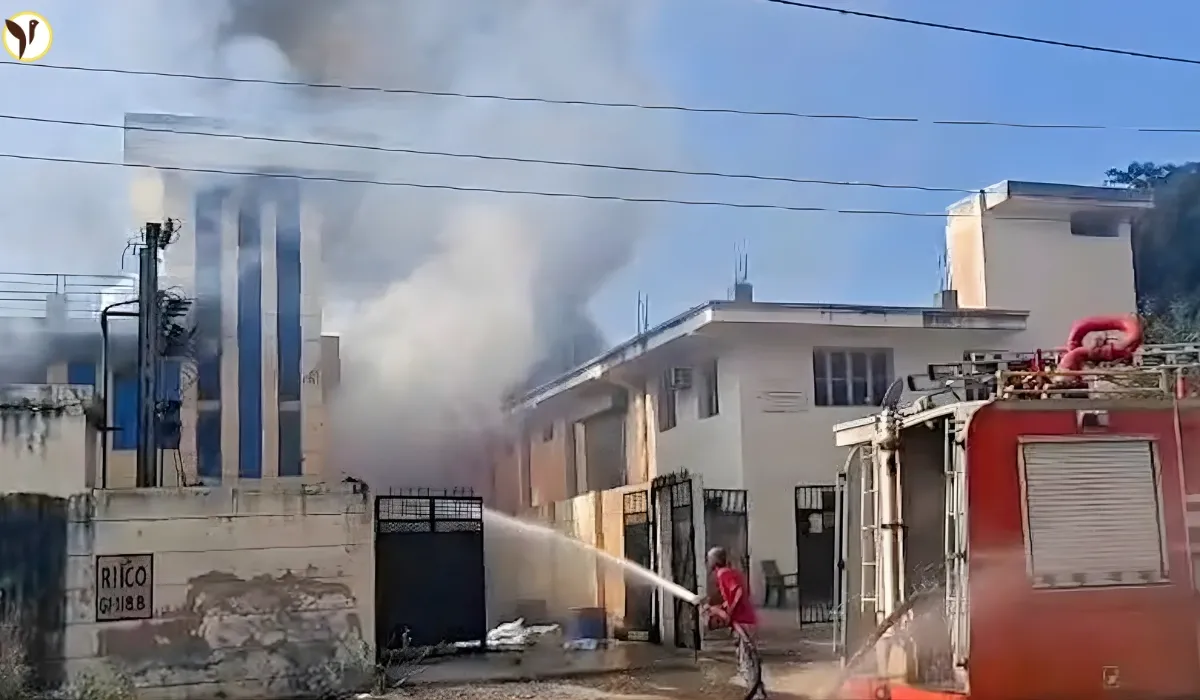Tesla's Bold India Gambit: From Flashy Showrooms to Ground-Breaking Assembly Plants
Elon Musk's Tesla is finally making its long-awaited move into India, and this time it looks serious. After years of stop-start progress and plenty of "will they, won't they" speculation, the electric vehicle pioneer is putting down real roots in the world's most populous country. Let's take a closer look at how Tesla is navigating the complex Indian market—from its swanky new Mumbai showroom to its hunt for assembly plant locations.
Tesla's Growing Indian Footprint: More Than Just Tire Tracks
Tesla's not just dipping a toe in the Indian waters anymore—they're diving in. The company has already snagged a prime retail space in Mumbai's upscale Bandra Kurla Complex (BKC), roughly the size of a basketball court. And they're not stopping there. Word on the street is they're eyeing another showroom in Delhi's Aerocity, creating a presence in India's two most influential metro areas.
That five-year lease on the Mumbai showroom? It speaks volumes about Tesla's intentions. This isn't a pop-up experiment—it's a company planting its flag for the long haul.
- Hiring Spree: Tesla's recruiting efforts are in full swing across Mumbai, Pune, and Delhi. They're building teams, not just showrooms—a clear sign they're serious about establishing a complete operation.
- Assembly Dreams: The real game-changer? Tesla's reportedly scouting land in Satara, Maharashtra for a Completely Knocked Down (CKD) assembly plant. Why does this matter? Instead of importing finished cars with eye-watering duties, they'd import parts and assemble vehicles locally—potentially making that Tesla price tag a bit more palatable for Indian buyers.
Remember the buzz about a possible joint venture with Megha Engineering in Hyderabad? That may have fizzled out, but Tesla hasn't stopped exploring partnerships. They're still actively courting Indian companies, looking for the right match to make their manufacturing dreams a reality.
- When Will We See Teslas on Indian Roads? Industry insiders point to April 2026 as the potential launch date—though as with anything Tesla, timelines tend to be... flexible.
- Government Backing: The Indian government seems eager to roll out the red carpet, potentially offering reduced import duties in exchange for local production. Could this sweeten the deal enough to accelerate Tesla's plans? Time will tell.
Let's be real, though—the road ahead isn't all smooth driving. Tesla's previous plans for a 2022 launch hit some serious speed bumps. Regulatory hurdles, those steep import duties, and charging infrastructure concerns all contributed to delays. Can Tesla overcome these challenges this time around? The current flurry of activity suggests they're certainly going to try.
The Bigger Picture: Tesla's Market Rollercoaster and Robot Sideline
What's happening with Tesla isn't happening in a vacuum. Recent market volatility has given investors whiplash—April's dramatic dip followed by a quick recovery had everyone talking. But here's the thing: markets often move independently of economic realities, anticipating changes before they become obvious to the rest of us.
This volatility matters for Tesla, especially considering their recent sales challenges and Musk's divided attention between Tesla, SpaceX, and, oh yes, that little social media platform he bought. Will Tesla's Indian adventure provide the growth story the company needs right now?
Meanwhile, have you seen what Tesla's doing with their Optimus robot? Their latest demonstrations—including a surprisingly fluid dance routine—showcase remarkable progress. Imagine these humanoid helpers eventually working alongside humans in factories (maybe even in that planned Indian assembly plant?). Of course, production challenges and supply chain headaches remain, but the potential is undeniable.
The Road Ahead: High Stakes in the World's Biggest Democracy
Tesla's Indian journey is shaping up to be quite the story. They've got the showrooms, they're hunting for manufacturing land, and the government seems receptive. But will that be enough?
For Tesla to truly crack the Indian market, establishing that manufacturing presence is crucial. The average Indian consumer is notoriously price-sensitive—a locally produced Tesla could be the difference between niche luxury status and mainstream adoption.
Can Tesla navigate India's complex regulatory landscape and infrastructure challenges while delivering a product that resonates with Indian drivers? That's the multi-billion-dollar question. The company has overcome tremendous obstacles before, but India presents a unique set of challenges even for Musk's ambitious team.
One thing's for sure—the next few years will reveal whether Tesla's bold Indian gambit pays off. For a country eager to accelerate its transition to electric mobility, and a company looking to cement its global dominance, the stakes couldn't be higher.
